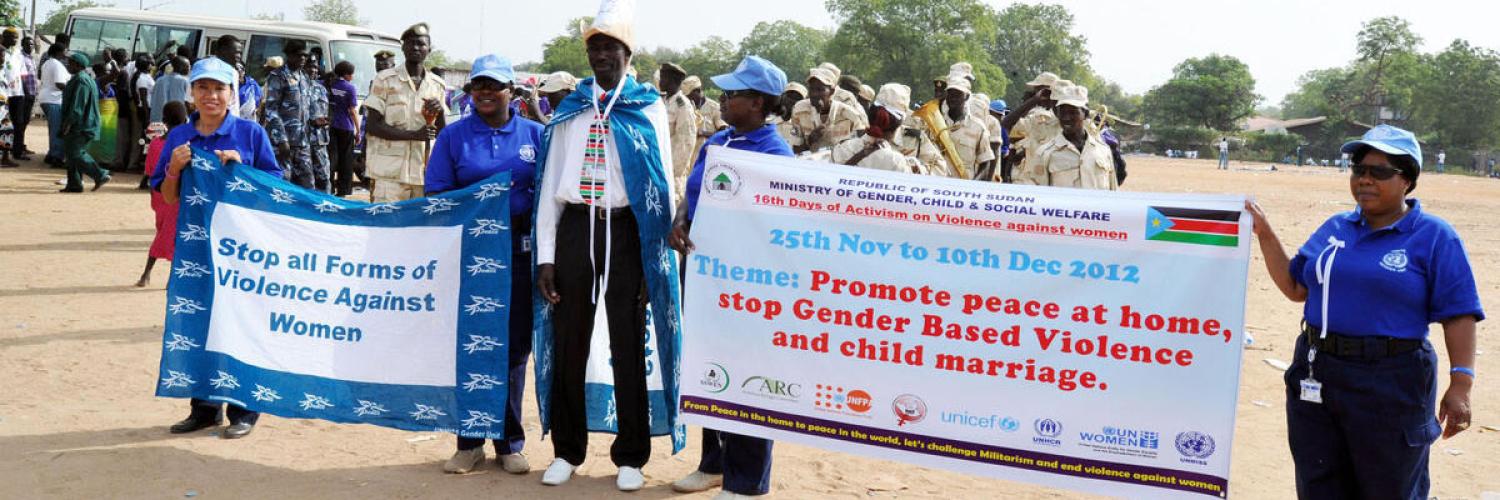
Domestic factors are vital to ensure States implement progressive women’s rights practices, including the establishment of specialised mechanisms (police forces, prosecutor offices, courts) for managing gender-based crimes.
Summary
This book investigates post-conflict policing of violence against women, and explains why certain countries have institutionalised specialised mechanisms for dealing with gender-based violence crimes, and others have not. The study compares Liberia’s and Côte d’Ivoire’s experience of establishing specialised criminal justice sector mechanisms for policing and prosecuting violence against women. It finds that international pressure, mainly from the UN, is crucial for the establishment of specialised units – especially during the policy phase, with domestic factors also facilitating rapid creation. However, domestic pressure from women’s movements and favourable domestic political and institutional conditions are more important during the phase of institutionalising these units throughout the country and ensuring their street-level implementation.
Data
This study is qualitative, drawing on extensive fieldwork in Liberia and Côte d’Ivoire between 2010 and 2017. Crime statistics were drawn from law enforcement agencies and the United Nations.
Key Policy Findings
1) Specialised mechanisms work in strengthening women’s rights. They deepen the norms around prosecuting gender-based crimes, improve the management of complainants to prevent re-victimisation, and shift ideas on what is an acceptable way to treat women and children. International pressure plays a key role in establishing such specialised mechanisms.
2) Domestic and grassroots actors are important partners in ending violence against women. Within security sector reform, there may be a tendency to focus on the state and security agencies. But for women’s rights norms to take root, the inclusion and empowerment of women’s groups (across or outside of the political spectrum) is crucial. Country-wide and street-level implementation is significantly stronger when these groups are empowered to hold both the government and the police forces to account.
3) Traditional leaders should not be side-lined under the assumption that they will be defenders of patriarchal norms. Cultural values are as contested and dynamic as they are variable. Some traditional leaders, especially women traditional leaders, have played crucial roles in addressing violence against women in communities across Africa. Having a nuanced understanding of domestic culture, and local cultural actors, will enable the international community to campaign more effectively against gender-based violence.
4) Responses to gender-based violence must be holistic. Women who have been abused and may have had to leave their families, often require assistance to find work to take care of themselves and their children. Counselling may also be important for their full recovery.
5) Specialised mechanisms require sustained financial resources – including well beyond the departure of post-conflict stabilisation missions and time-limited development assistance.
Policy Summary prepared by Rachel Morrow-Nguyen



